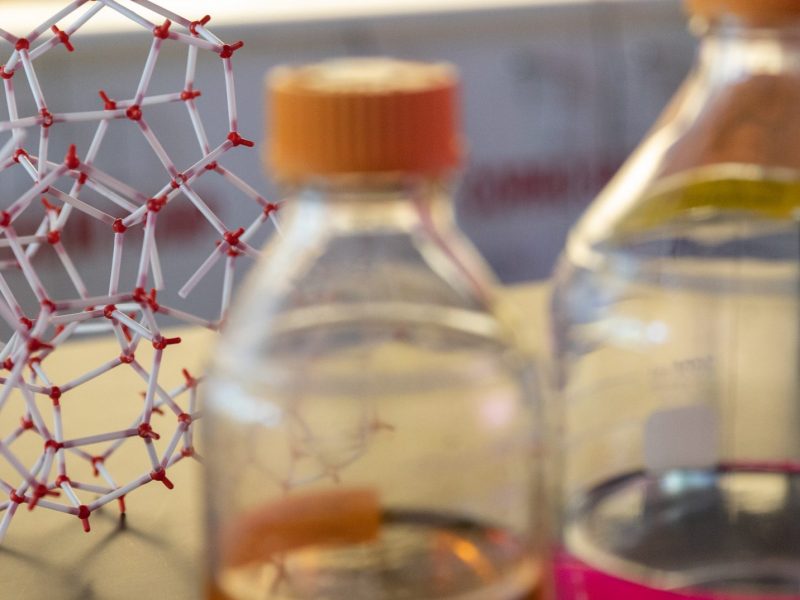Targeted Therapeutic for Human C. Difficile Infection
Description
Marked by an increase in disease severity and recurrence since the early 2000s, Clostridioides difficile (Clostridium) infection (CDI) has rapidly become an emerging public health threat. Recent research in canines has explored the mechanisms and interactions responsible for resistance to C. difficile colonization in the healthy human gut and characterized the underlying bacterial communities responsible for this phenotype. These findings support asymptomatic carriage in canines and suggest features of the gut microbiome and/or a canine-specific immune response that protects against CDI. Two biologically relevant bacteria in the canine samples were identified that may aid in C. difficile resistance, which may be associated with regulating homeostasis in the canine gut.
Additional information
Patent number and inventor
16/562,378
Nathan Stone, David Wagner, Joseph Busch, Emily Cope, Paul Keim, Fernando Monroy, and Jason Sahl.
Potential applications
Clinical applications to provide C. difficile resistance.
Benefits and advantages
This research suggests that canines may be hidden reservoirs for C. difficile and that the mechanisms of CDI resistance in the canine gut could provide insights into targeted therapeutics for human CDI.
Case number and licensing status
2019-002
This invention is available for licensing.
